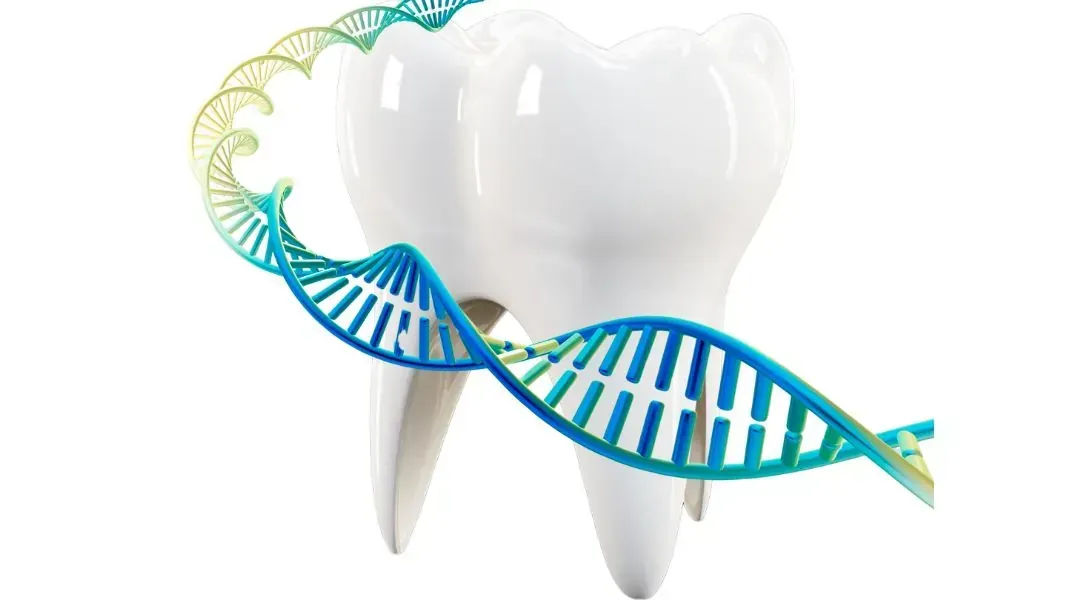Your Gums and Your Oral Health
When we think about our oral health, most of us immediately think about our teeth and forget about the other parts of our mouth! Gums are just as important as teeth when we think about overall oral health. Healthy gums are the foundation of a strong smile, and paying attention to them often provides valuable insight into someone’s overall health. Whether you see a subtle change or a more significant issue, it is important to understand what your gums are telling you.
Healthy Gums: The Silent Heroes of Your Smile
Healthy gums are firm, pink, and snug around your teeth. They protect the sensitive roots of your teeth and keep harmful bacteria at bay. When your gums are in good shape, you probably won’t think much about them, which is exactly how it should be. Regular brushing, flossing, and routine dental check-ups help maintain this level of health. But what happens when things start to change?
Signs of Gum Disease
The most common oral health issue affecting gums is gum disease, also known as periodontal disease. There are two stages to be aware of: gingivitis and periodontitis.
Gingivitis – This is the early stage of gum disease and is usually reversible with proper care. Common signs of gingivitis include redness, swelling, and bleeding gums, especially after brushing or flossing. If you notice your gums looking red or feeling tender, it's a sign that plaque has built up around the gum line and is irritating the tissue.
Periodontitis – When left untreated, gingivitis can progress into periodontitis. In this more serious stage, the gums start to pull away from the teeth, creating pockets that collect bacteria. If you don’t treat it quickly, periodontitis can lead to tooth loss. Periodontitis may also contribute to other health problems, like heart disease and diabetes, as bacteria can enter the bloodstream.
What Other Gum Symptoms Mean
● Bleeding gums
o Frequent bleeding, especially when brushing or flossing, can be an early sign of gum disease or injury.
● Receding gums
o Gums that pull back from your teeth can expose the roots, increasing sensitivity and risk for cavities.
● Swollen gums
o Puffy or tender gums can indicate inflammation or infection and should not be ignored.
● Persistent bad breath
o This could be a sign of bacteria trapped in the gum pockets, which points to advanced gum disease.
The best way to keep your gums healthy is through preventive care: brush twice daily, floss regularly, and visit your dentist for cleanings. Healthy gums are key to a healthy smile—don't ignore what they're telling you! Schedule your annual cleanings to make sure your gums (and teeth) are in good shape.

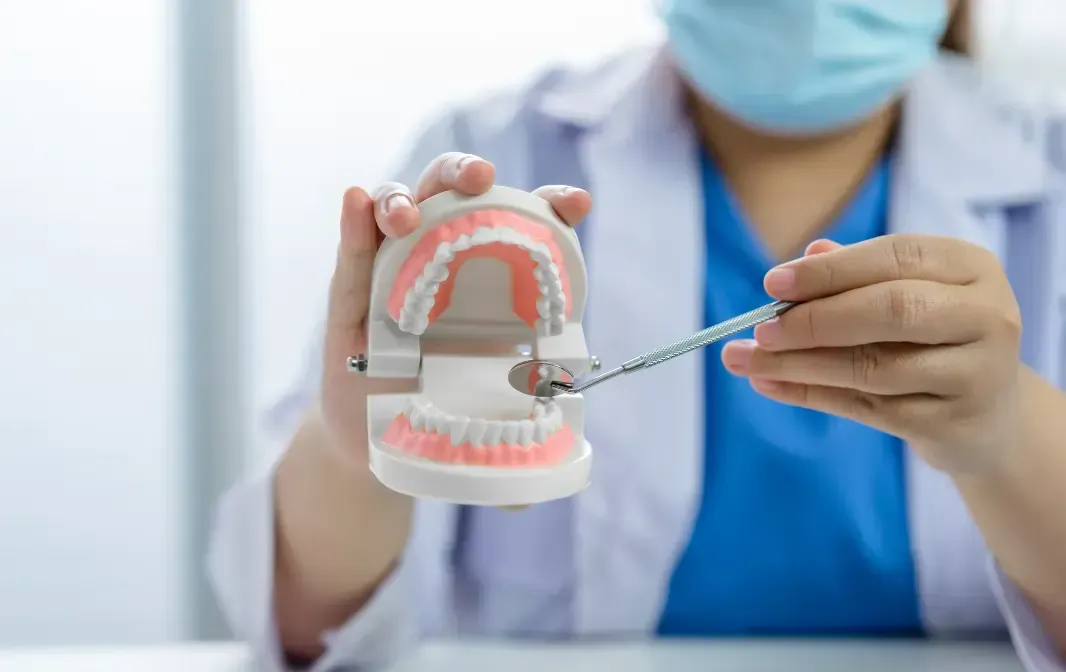
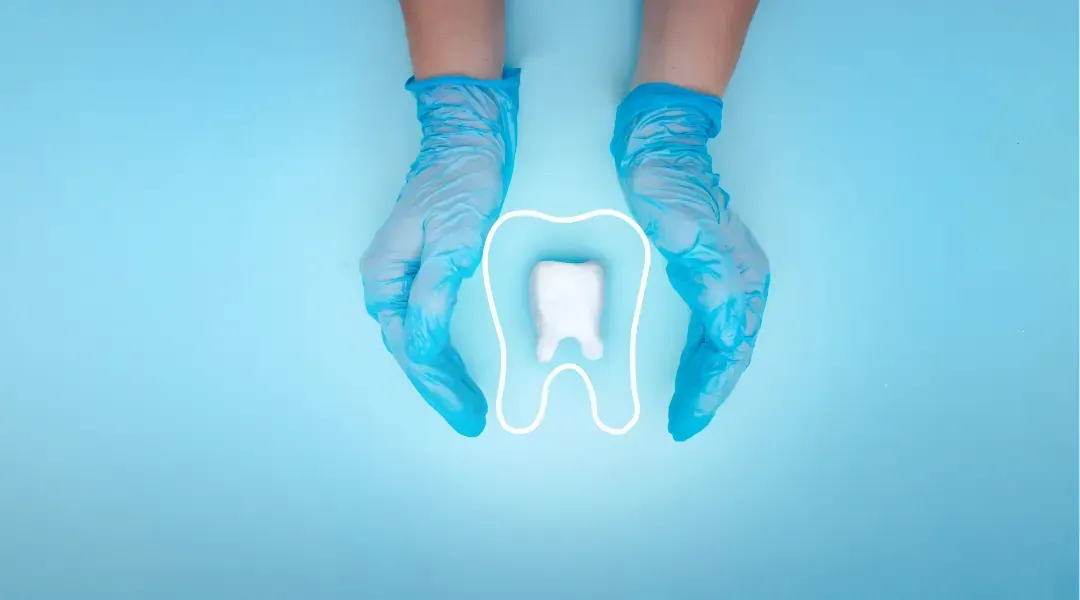
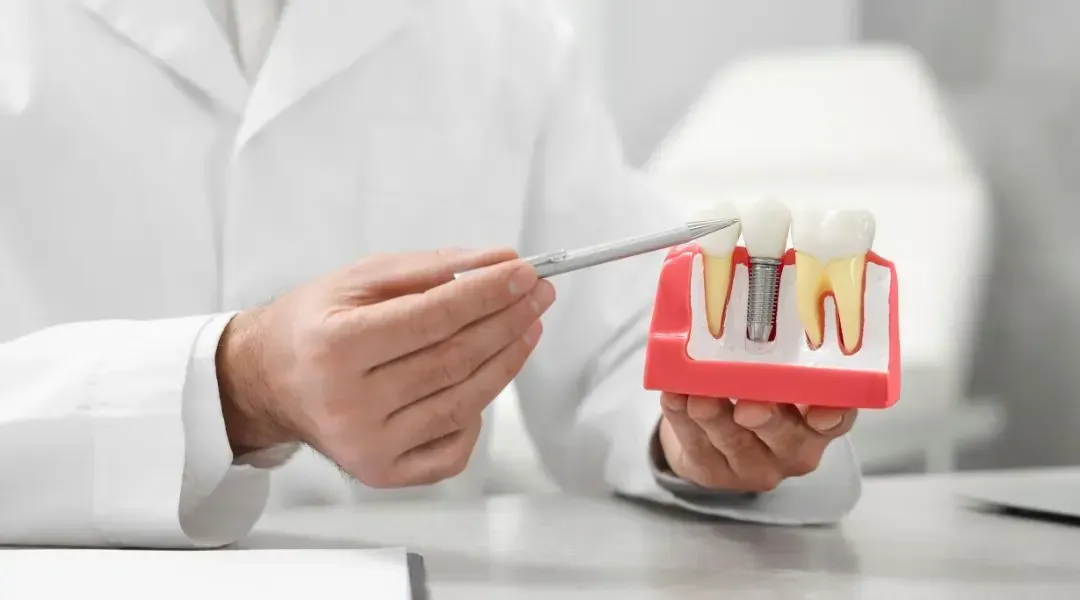

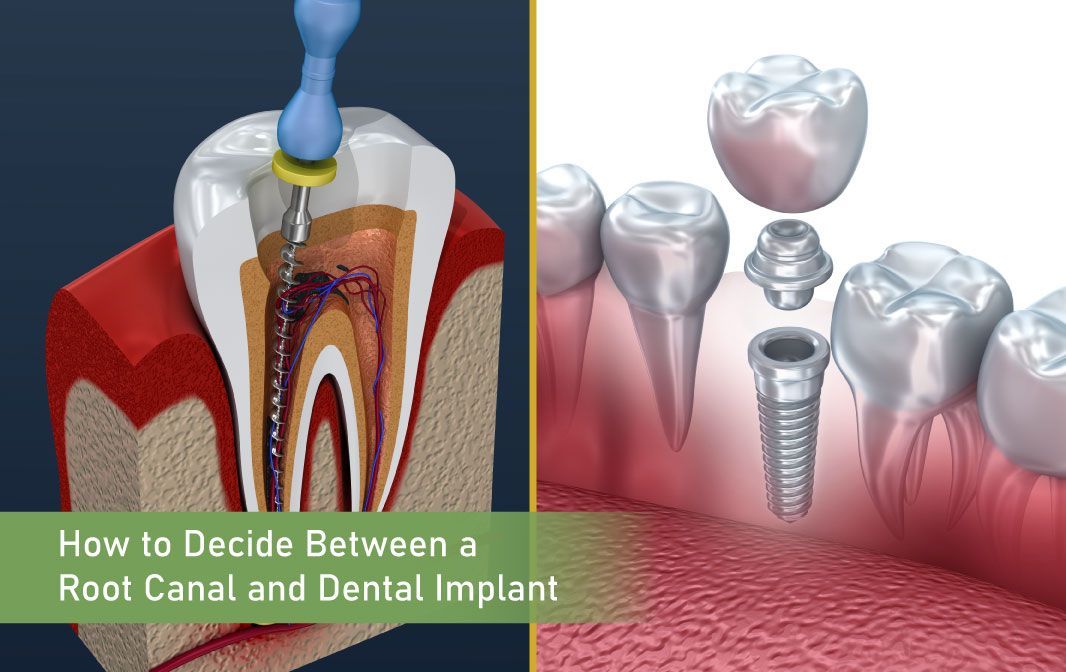

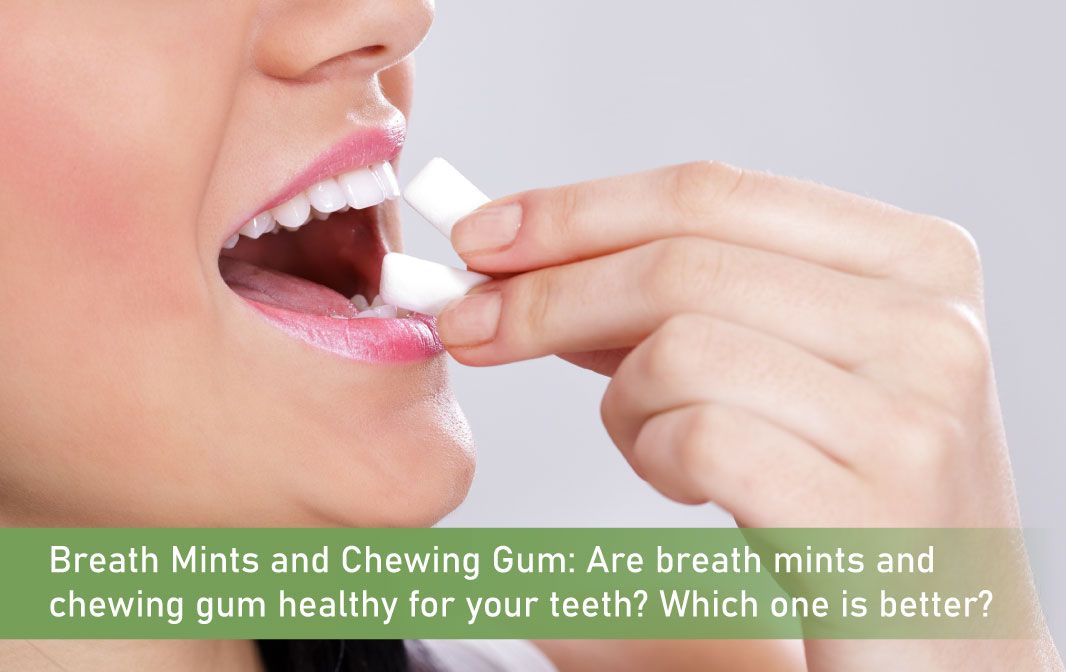
Office Hours
All Rights Reserved | Kings Park Dental Center
